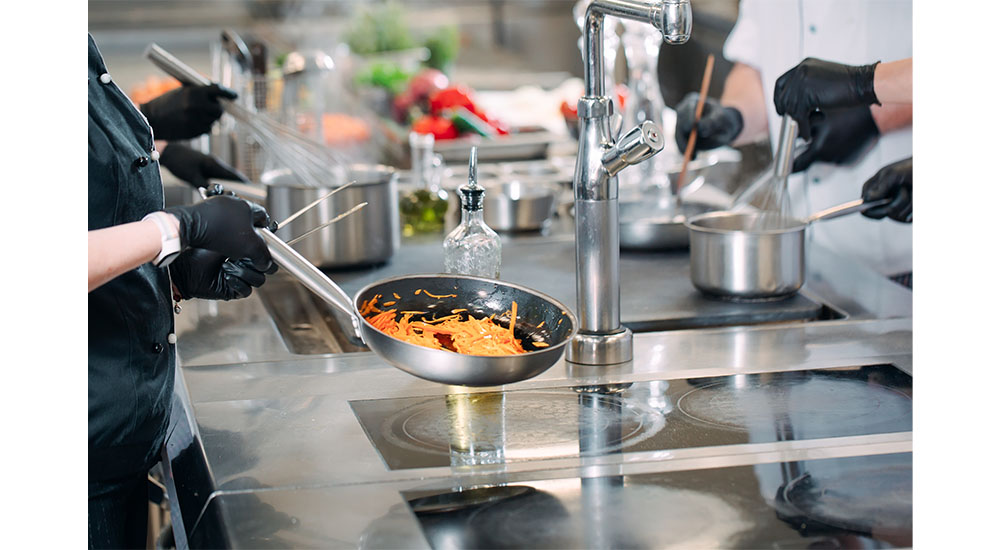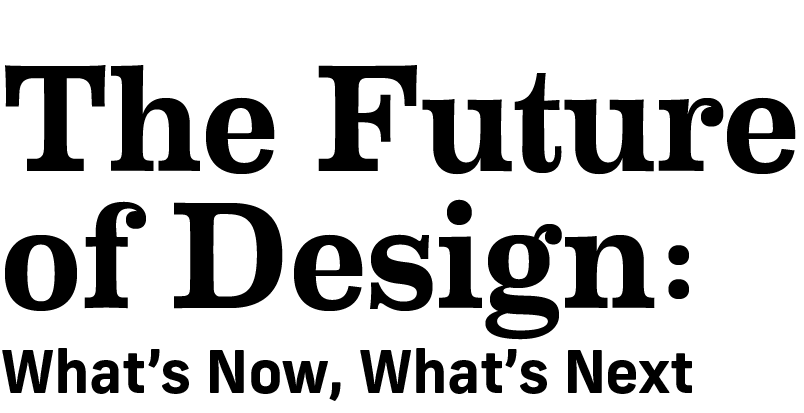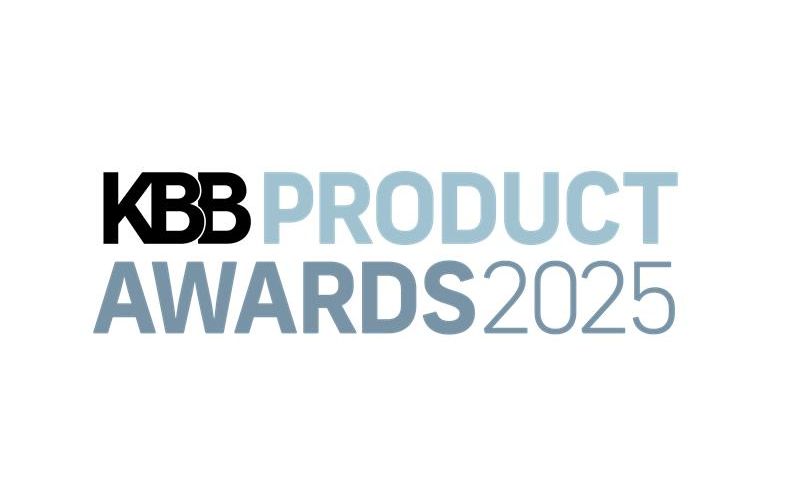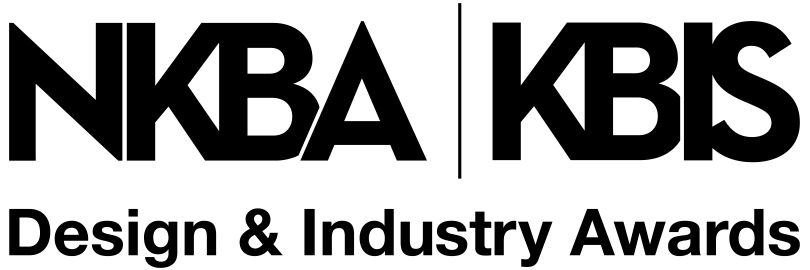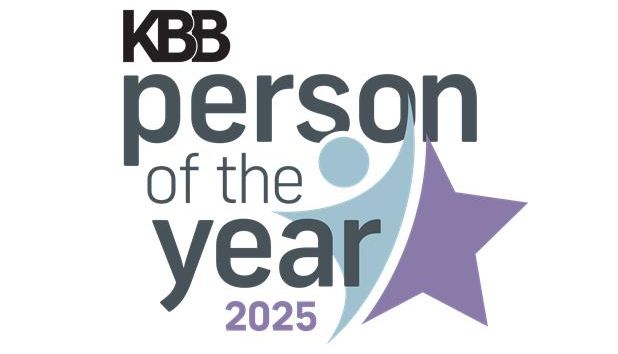Sustainability and the Electric Kitchen
In an era where sustainability is no longer an option but a necessity, kitchen design professionals are at the forefront of integrating cutting-edge solutions that reduce environmental impact while enhancing functionality. In Richland Township, Penn., Chatham University’s Eden Hall Campus, the world’s first campus built from the ground up for sustainability, is pioneering this transition in a way that transforms kitchens into living laboratories for electrification, decarbonization and sustainable food systems.
The Electric Kitchen as a Living Lab for Sustainability
Eden Hall Campus was designed with the philosophy that every building, system and landscape element should contribute to a regenerative future. Nowhere is this more evident than in its kitchens, which serve as experiential learning environments where students, faculty and industry professionals can engage with state-of-the-art electrified culinary technology.
Leading the charge in sustainable culinary innovation, Eden Hall’s Esther Barazzone Center is set to become the first Eco Chef-Certified kitchen in the United States. This prestigious certification signifies that the kitchen not only meets rigorous sustainability benchmarks but also serves as a model for future kitchen designs that prioritize environmental responsibility without compromising on performance.
Key features of more sustainable kitchens include:
• All-Electric Cooking Infrastructure. State-of-the-art induction technology enhances efficiency, safety and precision while reducing heat loss, lowering energy costs and improving indoor air quality.
• Water and Energy Efficiency Systems. Advanced monitoring tools and low-flow fixtures minimize resource consumption, setting new standards for responsible kitchen operations.
• Comprehensive Food Waste Reduction Strategies. On-site composting and anaerobic digestion initiatives support a circular food system by turning organic waste into renewable energy and soil amendments.
• Sustainable Material Choices. Recycled, locally sourced and non-toxic materials ensure the kitchen is built with sustainability at its core.
• Systems Integration. The kitchen is inside a building generating its own energy from renewables, connected to geothermal wells and food is grown on the land around the building.
The Future of Kitchen Design is Electric and Decarbonization
For kitchen design professionals, Eden Hall offers a compelling case study in the benefits of electrification. The transition away from gas-fired appliances is not just about reducing carbon footprints – it’s about reimagining kitchen spaces to be more energy-efficient, healthier and adaptable to the evolving needs of the food industry, micro-grids, battery systems and more resilient infrastructure.
Induction cooking, for example, has been embraced by top chefs and kitchen designers for its superior control, speed, and energy efficiency. Combined with advancements in renewable energy integration, smart kitchen management, and sustainable materials, the kitchens at Eden Hall provide a glimpse into the future of high-performance, eco-conscious culinary spaces.
A Call to Action for Kitchen Design Professionals
As the industry moves toward more sustainable design solutions, there is an opportunity for kitchen and bath professionals to lead the charge. Whether designing for residential, commercial or institutional clients, the integration of electrified cooking technology, energy-efficient systems, and responsible material selection can redefine what it means to create a sustainable kitchen.
The Eden Hall Campus demonstrates that sustainability is more than just an initiative. Through its commitment to electrification and environmental responsibility, its kitchens serve as both a proving ground for innovation and an inspiration for kitchen design professionals who want to be part of a movement shaping the future of sustainable cooking spaces.
The question is no longer if the electric kitchen will become the standard, but how soon the industry will fully embrace its potential.
—By Robert Sroufe, Ph.D., Professor of Sustainability at Chatham University

